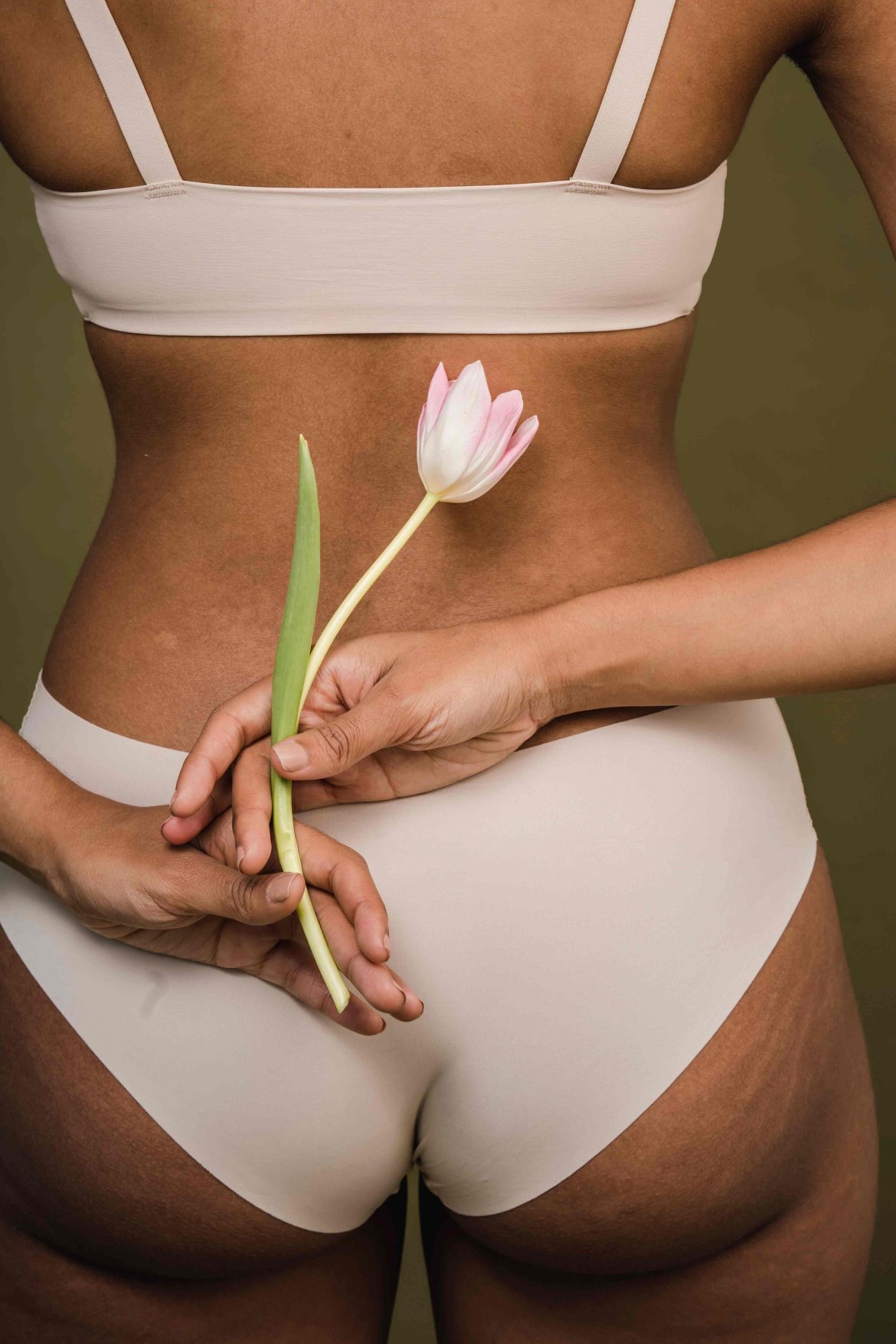Sometimes what you consume can be traced back to your body odor. Have you ever noticed that the odor of your urination (and even your vaginal discharge or bowel movements) becomes faintly reminiscent of the food you just ate? Is there a problem with seafood? The question “why does my vagina smell like fish?” may have crossed your mind the last time you were in the downward dog yoga pose and caught a whiff of a fishy stench coming from down there. It’s not from the fish you ate, and it’s probably something serious that needs medical attention right away.
What gives my vagina such a fishy odor?
Dr. Kameelah Phillips, an OB-GYN, warns patients that fishy odors around the vagina should be avoided at all costs. There must be a problem if it actually smells like fish. The good news is that it can be managed through treatment. Phillips explains that the most prevalent cause is a bacterial infection of the vaginal tract (called bacterial vaginosis, or BV). Please explain the nature of this frightening illness. Phillips says that the reason your lady parts smell fishy is because of an imbalance in the vaginal flora.
Certified nurse midwife and board-certified women’s health nurse practitioner Barbara Slocum agrees, explaining the cause of BV in an email interview: “BV is triggered by a change in the vaginal pH that allows an overgrowth of a ‘bad’ bacteria (that normally resides in harmony with the good bacteria in the vagina).
Just what is the protocol for dealing with bacterial vaginosis?
Just how soon will that fishy odor disappear, anyway? “This imbalance is typically treated with antibiotics, but in some cases, you may find that it resolves on its own after your period, with probiotics, or within a relatively short amount of time, i.e., your vaginal flora balanced out. In the event that the odor returns, it is not cause for despair. Phillips notes that sometimes a series of treatments is needed to restore equilibrium.
If your genitalia are healthy, how should they smell?
I asked Slocum if it wasn’t meant to have an odor at all if it was healthy, and she reminds us that “the vagina does not, nor should it, smell like potpourri. Women have been led to believe, incorrectly, that their vagina should be odorless or smell like a bouquet of roses. Many women also worry about vaginal discharge, but she says that as long as it’s clear, odorless, and not itchy or burning, it’s usually normal and the vagina is doing its job.
Phillips explains that “most vaginas have some form of stench,” especially after a long day at the office, strenuous exercise, or a woman’s monthly period. “Your vagina should smell like you,” I tell my female patients, “and ‘you’ will change as the month progresses.”
She also emphasizes that a “normal odor” is often hard to explain. Phillips advises, “Do not hesitate to smell your panties – do not blush, they are yours.” “This will aid in familiarizing yourself with your typical odor and making it simpler to recognize any deviations when they occur.”

Photo by Karolina Grabowska: https://www.pexels.com/photo/multicolored-cotton-underwear-drying-on-sun-in-yard-4495794/
What kind of vaginal bleeding is typical?
As your cycle progresses, you may notice a shift in the pattern of your discharge. The color and consistency of monthly discharge can shift from clear to white to yellow. The texture might range from watery to creamy. Phillips states, “Checking your underwear may alert you to a shift in your normal level of comfort.” Phillips says to be on the lookout for scents like fish or yeast, as these could be signs of an illness.
It’s been recommended by both Phillips and Slocum that you not douche or flush your vagina clean. Cleaning the vagina and perineal area requires simply a gentle cotton washcloth and warm water. Do not use soaps, body scrubs, or detergents on the vagina, as some of these products may be classified as detergents.
I agree with Phillips that you shouldn’t put soap or other cleansers in your genitalia. You don’t need any kind of vaginal hygiene product because your vagina can clean themselves. It is recommended that a light wash be used to clean the outer labia and the anus, but that the vagina be avoided at all costs when doing so.
If a woman is concerned about a vaginal odor, Slocum says that should contact their health care practitioner. Too many of the women I see have tried home cures that have either made their symptoms worse or had no effect on the underlying problem.
According to Slocum, good perineal hygiene entails avoiding the use of perfumes and sprays in the area, avoiding tight-fitting clothing like skinny jeans (especially when symptomatic), removing wet and sweaty exercise clothing, avoiding thongs, and not using fabric softeners or scented soap when washing underwear. Antibiotics can disrupt the balance of good and bad bacteria in the gut; taking a probiotic or eating yogurt can help restore this balance and prevent further illness.
A “fishy” scent that is out of the ordinary for you is probably nothing major, but it is still worth mentioning to your doctor. Not just because it’s unpleasant for you, but you don’t want an infection sticking around in your lady bits. Keep clean down there, and steer away of those marketed feminine hygiene cleansers. Adding anything to your vagina will disrupt the delicate balance that exists there.

2 comments
So educative
thanks for your feedback